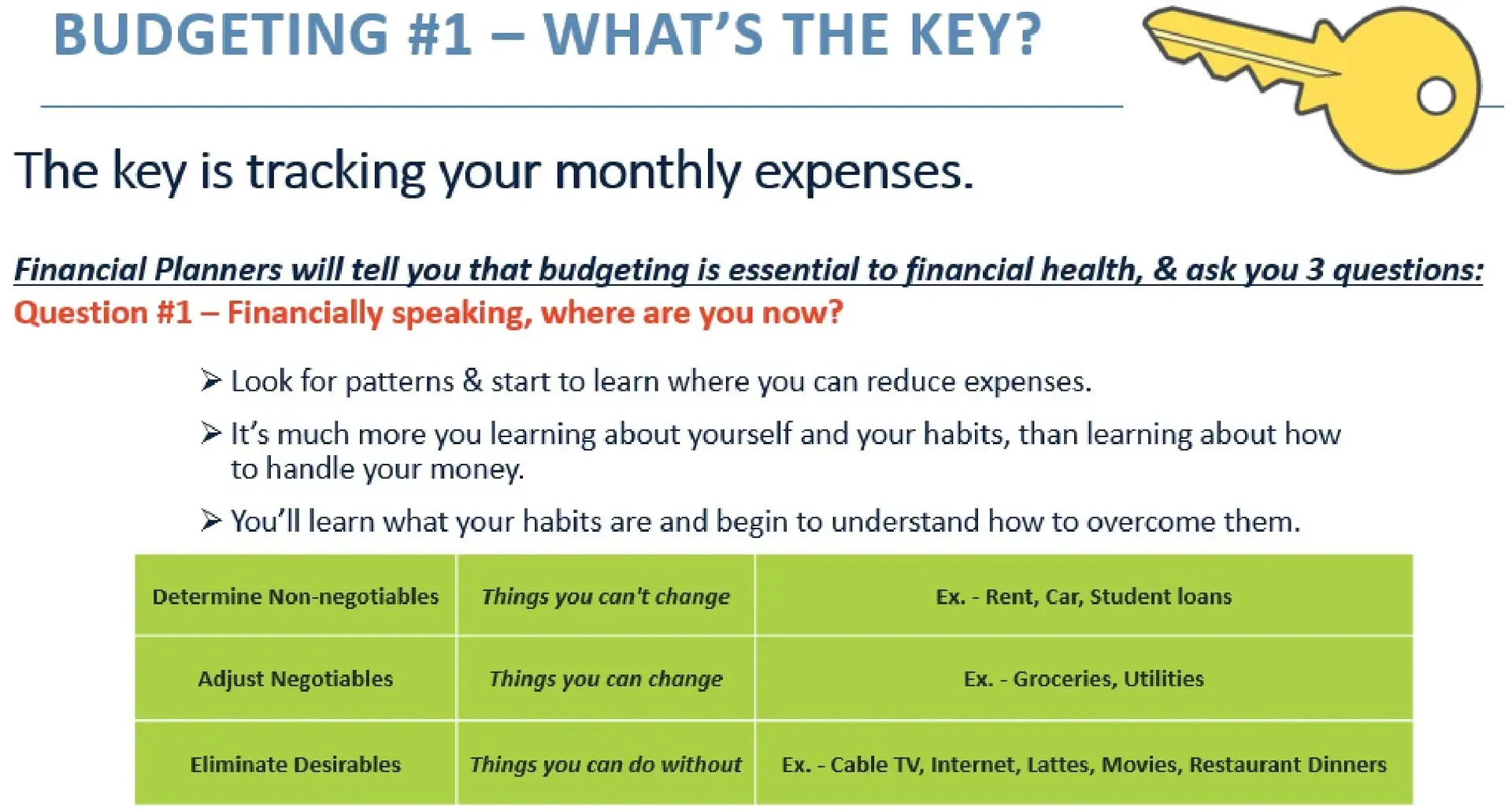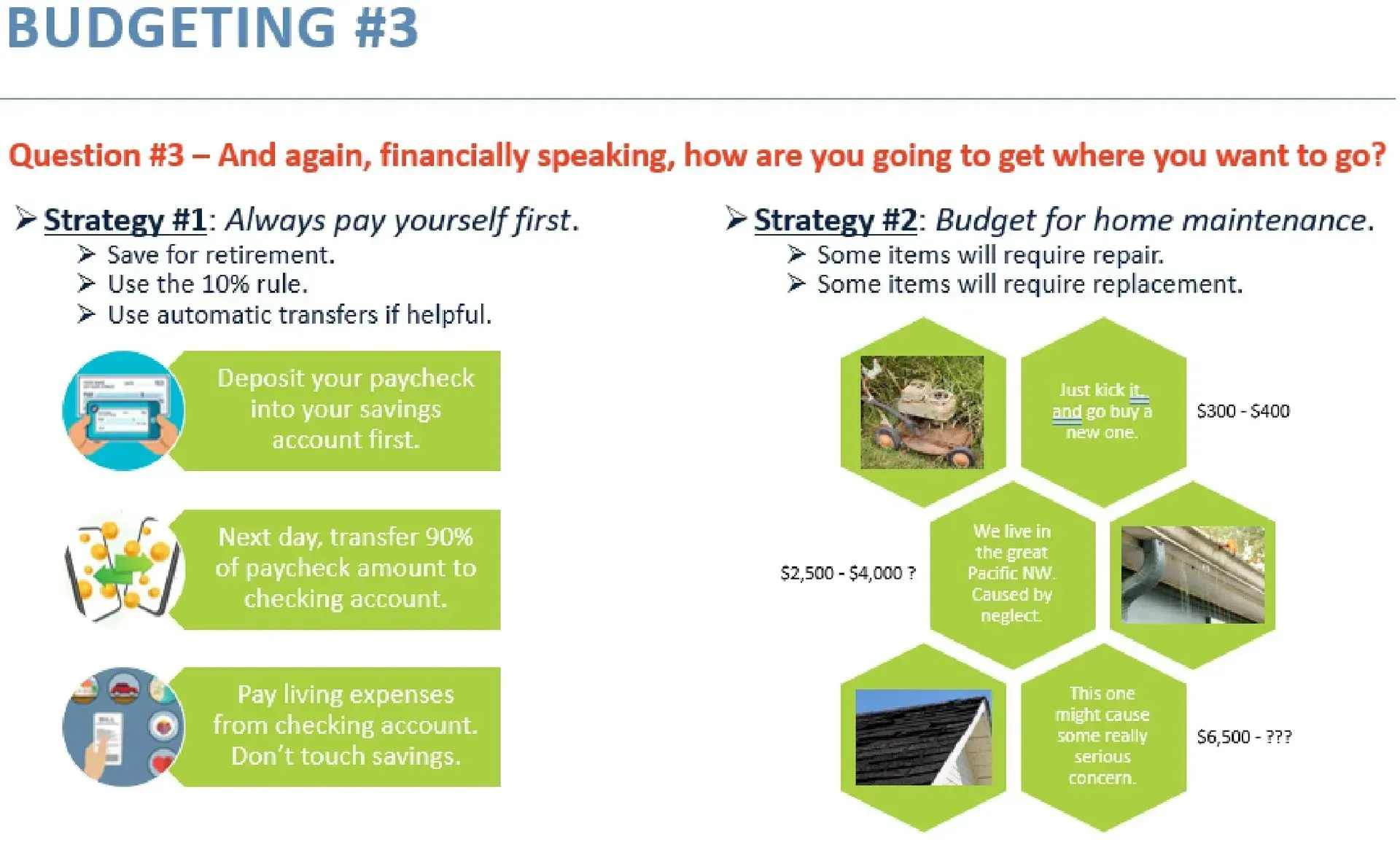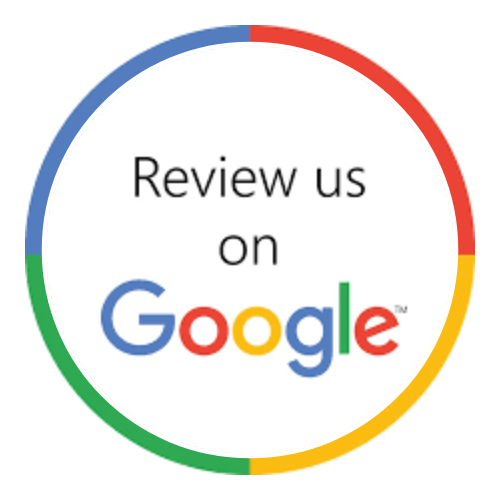Questions Financial Planners Will Ask You

Nobody truly likes budgeting, but financial planners will tell you it's crucial to your financial health. And if buying your own home is going to be a part of your overall financial plan, you should listen and pay attention to what financial planners say.
I've known and worked with many financial planners during my career, and it never fails to amaze me that almost always they will begin to form a relationship with prospective clients the exact same way that I do - by asking questions. After all, it doesn't make any sense to just start spouting information and knowledge at someone, because that will almost guarantee you'll lose that prospective client. That's not what building relationships is all about. Building relationships takes time and effort, and in simple terms, trying to fit yourself into the prospective client's shoes, into their lifestyle, into their mindset. And you simply can't do that without asking questions.
Whether or not your financial plans include owning real estate, financial planners will usually start with the same question - "Financially speaking, where are you now?" And your answers might include a quick review of how much you have in the way of assets, what your credit scores might be, what your long-term employment prospects are, an idea of when you want to retire, do you want to travel the world in your retirement years, etc. When you begin providing those kinds of answers, the financial planner will begin to "see into your lifestyle". And once you've decided to work with a financial planner, they'll do the same thing that many good real estate brokers and mortgage professionals do, which is to help you see and clearly understand your relationship with your money. Make no mistake about it, you have a relationship with your money. It may be a very healthy relationship which you are in firm control of, or it might be a toxic relationship, in which you're always spending more than you earn. Either way, it's very healthy to take a good, hard look at what you do with the funds you have. It will help you see patterns, some good, some bad.
Let me tell you a quick story about a former client. A very nice young couple attended a first time homebuyer class that I conducted, wherein I told a true story about another former client who had been a barista at a large retail coffee chain. This coffee chain employee had been in the management-trainee program, and in one of her meetings she learned that the "average spend" for a customer of this coffee chain was $350/mo., or $11.67/day in a 30-day month. Now, this was before the Covid Pandemic, about 8 years ago, so imagine what that amount would be today!
So the couple attending my homebuyer class went home, decided not to change their spending habits, but also to monitor what they were spending each month. Two months later they called and exclaimed "You've ruined our trips to "XYZ" Coffee! We kept track, and we were spending almost $400/mo.! So now we've bought our own espresso machine, and we make our own coffee each day, and we're saving about $300/mo.!" Think about that - $300/mo., or $3,600/yr. That's a lot of money that they hadn't realized they were spending.
Simple stuff? Sure, but it boggles my mind how many people I speak to who haven't gone through this kind of exercise. And it's one of the easiest things to do. It just takes a legal pad and pencil, maybe a calculator, maybe an app on your phone - just something that will help you figure out where your money is going. And it's the first step to financial health, and to owning your own home.

Home Mortgage Loan Reviews
Cierra & Jonathan
Jim was absolutely instrumental in our first ever home purchase! He welcomed all of our questions with such warmth and his expertise and respect for our budget made it possible for us to buy the house of our dreams in a market that sometimes felt impossible. We are so grateful to have worked with Him.
Mikahla M.
Jim was amazing and took fantastic care of our mutual clients! He is very communicative and detail oriented, highly recommend!
Tracy H.
I’m always impressed with Jim’s knowledge. If you have questions about home loans and what’s best for you, give Jim a call!
Autumn E.
What more can I say other than how much money he saved me! I went from a mortgage that was drowning me to $800 less per month… That’s beyond HUGE. His whole rate and more secure fabulous rate and more fabulous mortgage payment!
Andrea S.
Jim was very informative in providing details, helping us to select the best loan, and guiding us to the best rate. He walked us through the process of filling out the loan paperwork and was in constant communication throughout the process.
Emma B.
Jim, from start to finish, has been our golden ticket during the process of buying our first home. We met Jim through the homebuyers education class he hosts and we knew right away he was a perfect fit for us. He’s honest, easy to get hold of and efficient. We can’t thank you enough, Jim - you’re the best of the best!
Rachel C.
Jim was very pleasant to work with he understood and worked with all our needs, and made us feel comfortable and confident in our choices. It was a great experience with great communication with everyone involved. We are happy with what Jim provided for us.
Debrah J.
Jim was great to work with. The process was speedy and seamless. We were well informed all along the way.
Mary D.
We have worked with Jim for many years when we purchased our homes or refinanced. He is very knowledgeable about the financial market and transparent. We appreciate that he has our best interest at heart, even if it may not benefit him. Jim is very responsive and we are extremely pleased to have worked with him again on our home loan needs. We absolutely will refer our friends and family to him!
Gerald C.
The outstanding service from Jim and his team was exceptional. The process was painless. And any issues that arose were dealt with quickly and professionally. I will highly recommend.
Tess L.
As first-time homebuyers, we were very nervous about all the complex pieces of this process. Jim was very patient with us and explained everything in detail and answered all our nervous questions with patience and understanding! Could not recommend more!
Jose A.
Jim has been fantastic with us! He has been prompt, honest, professional & a pleasure. I would recommend. 10/10! We look forward to working with Jim for the rest of our lives.
Samantha W.
Jim was amazing, the whole team took care of us and was always there. Thank you!
Adam M.
We had a great experience with Jim. We started in a home buyers class in June, 2016, and he coached us several times even before we were actually ready to buy. He told us exactly what to do, and when and how to do it. He was always available to meet when we needed him, including after regular business hours.
Brian F.
Jim was so responsive and extremely patient with all our questions. And the best part was that there weren't any negative surprises! We will certainly refer others to Jim.
Britt J.
From start to finish Jim has helped us every step of the way. We had many, many questions that he was more than happy to walk us through. We highly recommend using Jim Eyre and his team.
Matthew W.
Jim has been incredibly helpful and a pleasure to work with through the entire process, not only with paperwork, but also personally. Thank you so very much!
Browse My Website
Contact Information
Phone: (425) 210-2963
Email: jeyre@nexamortgage.com
Operating From 13320 Hwy 99, Unit 197, Everett, WA 98204
License: NMLS #442452
Corporate NMLS # 1660690
All Rights Reserved | Jim Eyre




